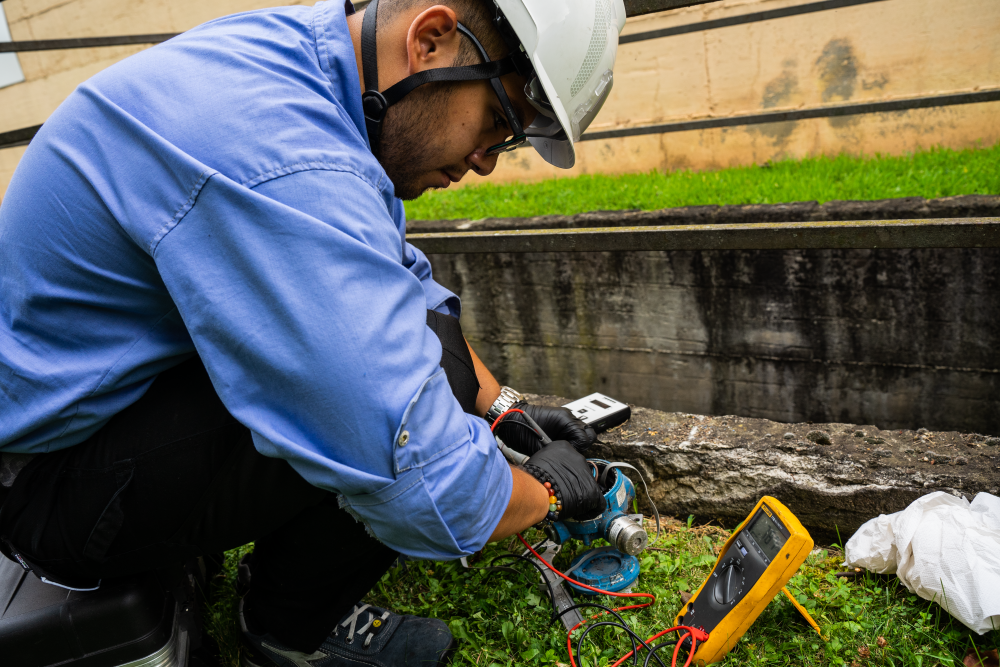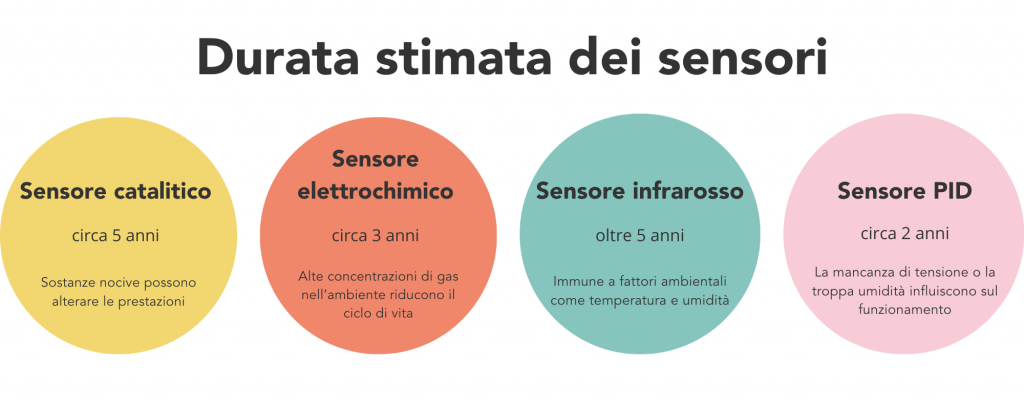Within industrial, commercial and residential environments, gas detection systems play a key role in ensuring safety. The presence of harmful gases can pose a threat to people and the environment. To ensure reliable operation of gas detection systems, a maintenance plan must be implemented.

Why is maintenance in gas detection systems important?
Regular maintenance of gas detection systems can ensure the accuracy of measurements, as the sensors used in detection devices deteriorate over time due to contaminants in the environment or more simply due to wear and tear. Since gas detectors are designed to respond to certain levels of gas in the air, it is important to carry out accurate calibration to avoid false alarms or exceeded thresholds that are not reported.
Proper maintenance allows:
- Extend the life cycle of instruments
- Reduce environmental impact
- Reduce operating costs
The latter advantage should not be underestimated, as a preventive intervention is often cheaper than repairing or, worse, replacing an entire system. Considering special circumstances where detectors are subject to harsh environmental conditions and sensors can be damaged in less time, timely replacement of worn or damaged parts can prevent sudden failures and reduce the risk of critical malfunctions. Depending on the type of detector installed and its sensor, maintenance may have different timelines and the frequency of calibration also varies depending on the environment in which they are installed.

The benefits of regular maintenance in gas detection systems
Many industries are subject to strict safety regulations, regular maintenance of gas detection systems is often a prerequisite for maintaining regulatory compliance. In addition to this, regular checks make it possible to:
- entiprevent plant downtime
- nsure the efficiency of gas detection systems
ensure the safety of people and environments

